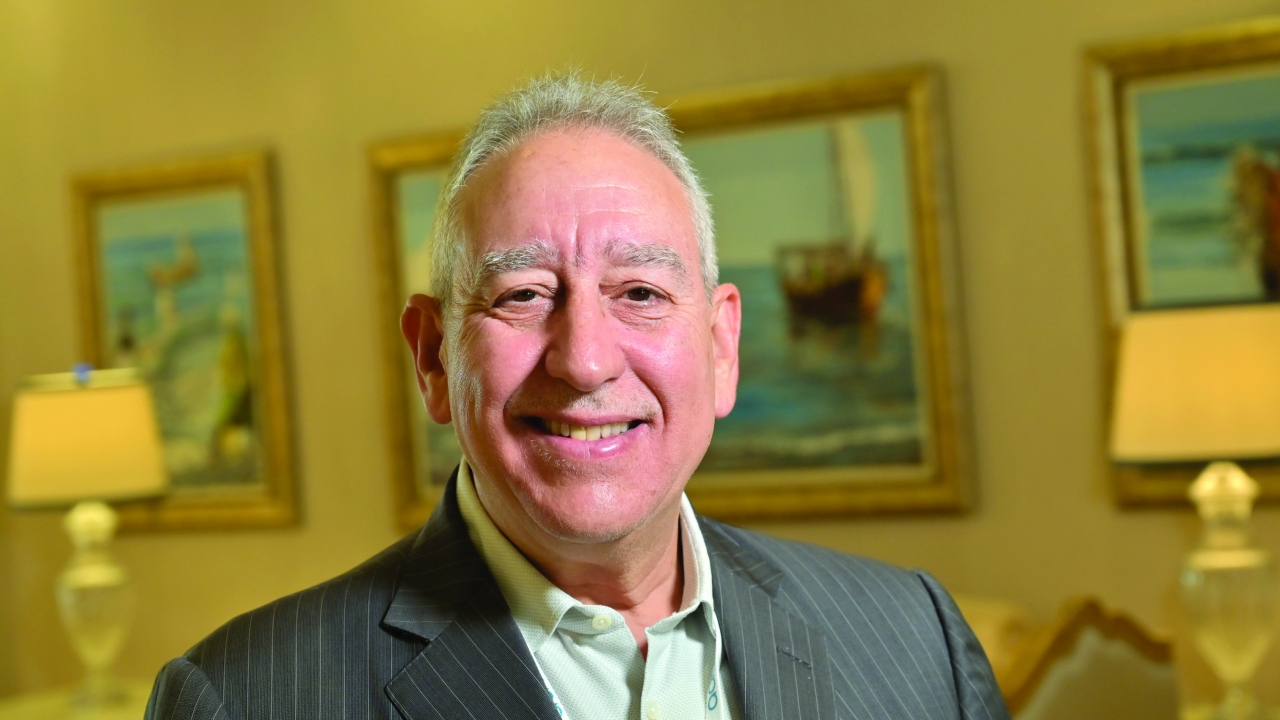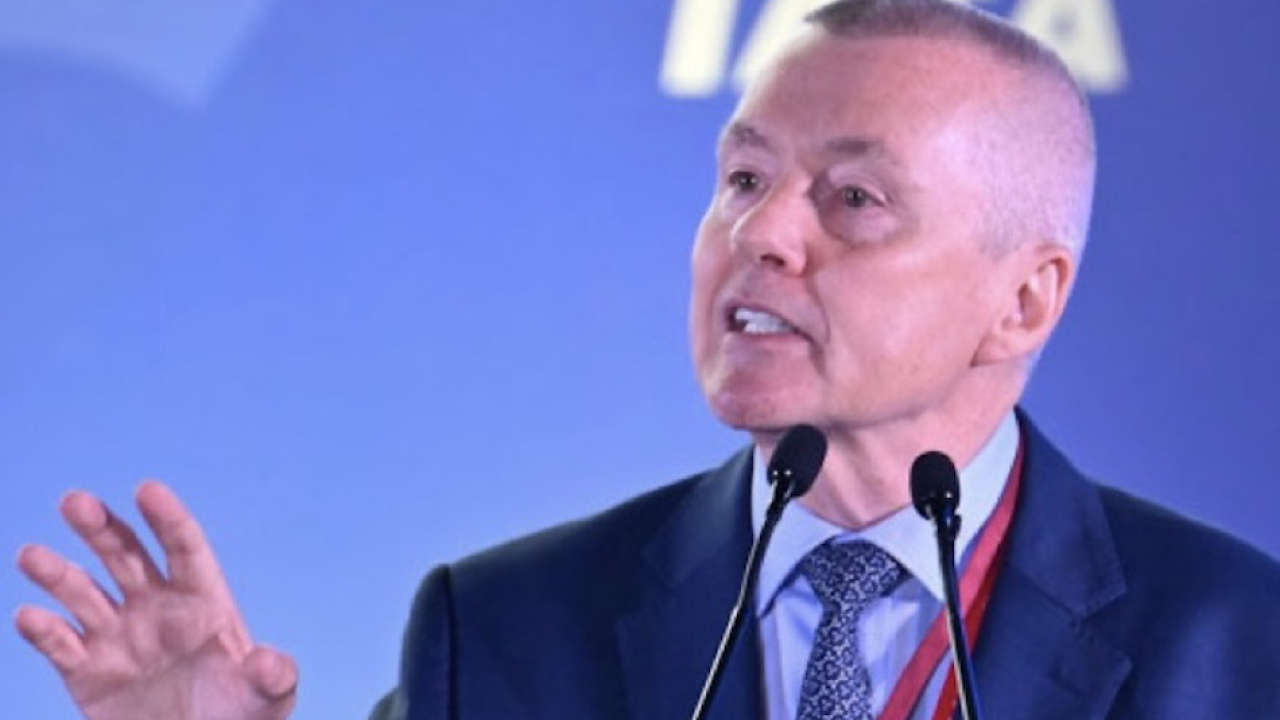Dubai Airshow: RJ chief fuels the fire over inconsistent covid regulations
Rising fuel prices and inconsistent government covid regulations are hampering the recovery of airlines in the region, according to Royal Jordanian Airlines (RJ) chief executive, Samer Majali.

“The main worry is that that governments will reimpose things with this new resurgence of cases,” Majali said. “The other one is the increase in fuel prices, which was something that we didn’t expect to be as rapid as it has been in recent months.
“I mean, the fuel prices were really low in 2020. But there was no flying anyway, so nobody could take advantage of that. However, this year, the fuel price is really a big drag on airlines’ plans to recover,” he said.
RJ has currently recovered between 65 to 70% of its original network in terms of flights and frequencies.
“We’ve announced a five-to-seven-year plan to really improve the destinations within the region and beyond. Royal Jordanian has a very good brand within the Levant region, and this is what we are leveraging,” said Majali.
The new plan also includes a fleet renewal.
“Again, the fleet over the past difficult period in our region has not been renewed as fast as we would like,” Majali said. “So now we’re currently in the process of renewing the fleet plus growing at the same time.”
With sustainability high of the agenda at the show, but with questions being asked about whether the targets are achievable, Majali was upbeat – but warned that it needed a broader approach than just looking at the airlines.
“Sustainability is a challenge,” he said. “I think there is time enough to be able to sort yourself out. We’re talking about a 30-year period for the airline industry to get to zero emissions, which is doable, but it does require everybody to be involved, not just the airlines.
“The manufacturer has to be very engaged in terms of coming up with these new products, the incentives have to be given to provide sustainable aviation fuel at affordable prices, not to load the airlines again.
“It needs all stakeholders that are involved in the aviation business to actually help and, obviously, the call is always to governments not to keep on imposing taxes on top of this.
“I mean, in the end, airlines will have to make up the difference through carbon offsets. And that is, in itself, a tax in the end, but it’s our job to do so. But we prefer not to have to pay additional taxes beyond that.”
Stay up to date
Subscribe to the free Times Aerospace newsletter and receive the latest content every week. We'll never share your email address.

